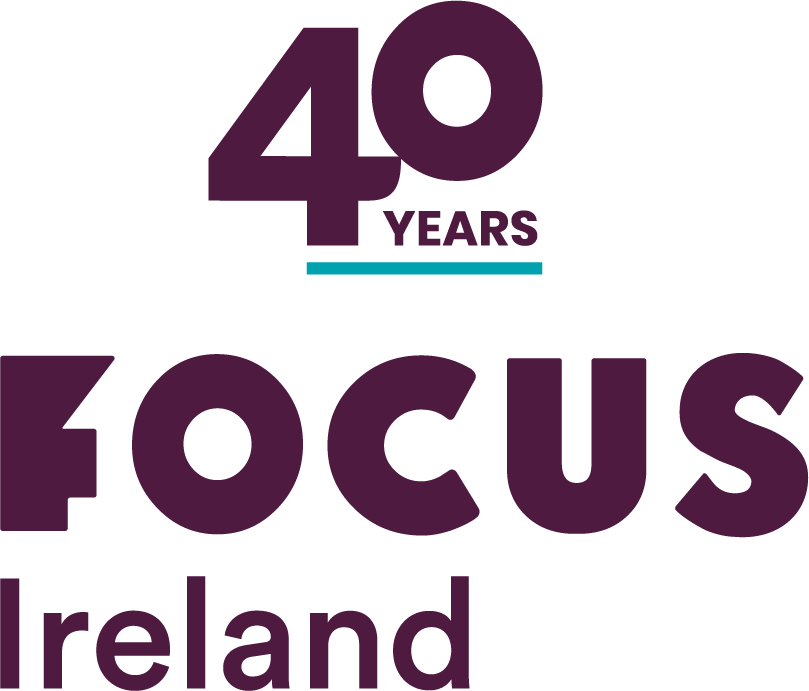Press Releases
Focus Ireland Press Releases provide the very latest information issued to media outlets.
Our most up-to-date releases in relation to homelessness and housing can be viewed below.
Focus Ireland Calls on Government to Prioritise Families Trapped in Long-term Homelessness for Social Housing as Homelessness Hits Another Record High of 15,378
Focus Ireland Calls on Government to Prioritise Families Trapped in Long-term Homelessness for Social Housing as Homelessness Hits Another Record High of 15,378
Homeless figures increase to a record high of 15,286 as Focus Ireland urge Government to prioritise new social housing for vulnerable families
New figures issued by the Department of Housing today show an increase in homelessness of 422 people for January 2025 to a new record high total of 15,286 people homeless. For the same month there are also 93 more children, and 72 more families compared to December 2024 (4,603 children and 2,164 families or January 2025).
Taoiseach Micheál Martin, TD officially opens 13 homes and an administrative hub in Mallow, Co. Cork.
The refurbished social-rented development in Mallow, represents continued housing delivery for Focus Housing Association in County Cork.
Homeless figures down to 14,864 as Focus Ireland urge new Housing Minister to build on this progress
Homeless figures down to 14,864 as Focus Ireland urge new Housing Minister to build on this progress
Focus Ireland Says that a Plan to End Homelessness must be Central to the Next Programme Govt as New Figures Show a record total of 15,199 People Homeless
Focus Ireland Says that a Plan to End Homelessness must be Central to the Next Programme Govt as New Figures Show a record total of 15,199 People Homeless.
Leading Homeless and Housing Groups Join Forces to call for 10 key actions on homelessness to be included in the next Programme for Government
The Irish Homeless Policy Group, made up of organisations working at the frontline of the housing and homelessness crisis, have come together to outline 10 key actions on homelessness they are calling on the next government to include in the Programme for Government the parties are currently negotiating.

